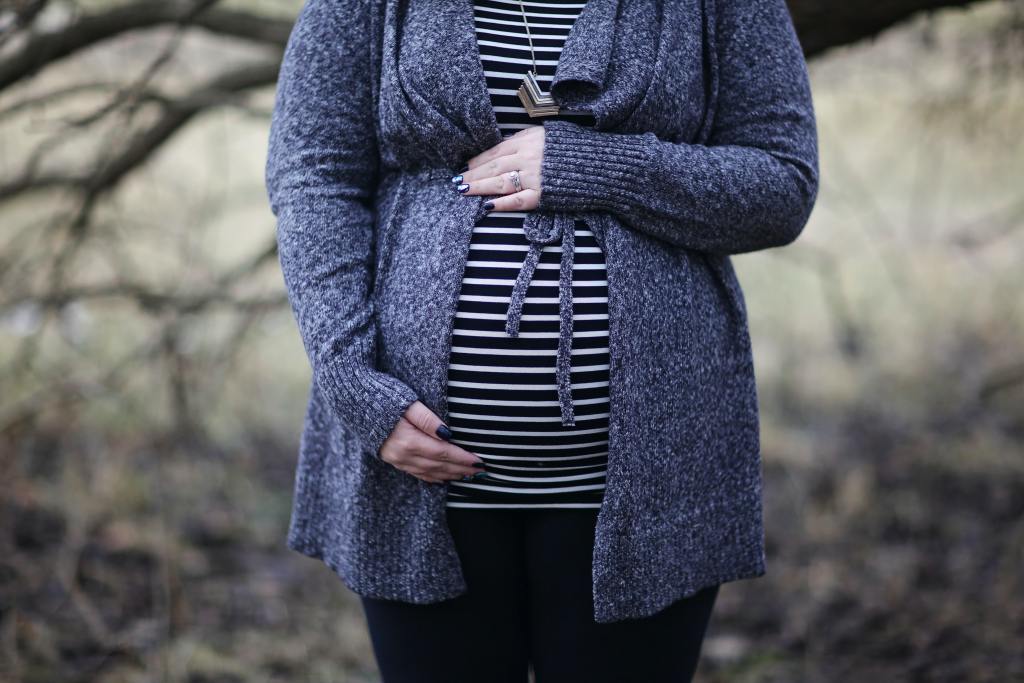When you’re pregnant, you’ll experience discomfort caused by hormone fluctuation, weight gain, and other issues. To alleviate the discomfort in your legs and feet, doctors typically recommend wearing compression socks around 12 weeks. Doing so can improve circulation, reduce swelling, prevent varicose veins, and provide support for aching feet.
Here’s why you should consider trying them out if you’re pregnant right now or may be in the near future.

You’re diabetic
If you’re diabetic and pregnant, you have two good reasons to wear compression socks. With diabetes, you’re already at risk for poor circulation, edema, lymph problems, and blood clots. Compression socks can help with all of these issues. When you’re pregnant, your risk of developing poor circulation and blood clots increases, which makes compression socks a must-have.
You have lymphedema
If you have lymphedema, it’s probably going to get worse as your pregnancy progresses due to the increase in bodily fluids. Since the lymphatic system is crucial to your wellbeing, it’s important to take care of it as much as possible.
In addition to learning regular lymphatic care practices, wearing compression socks will make a world of difference. Don’t skip the socks if you already have lymphedema.
Compression socks can improve circulation
When you’re pregnant, you might experience some trouble with circulation due to strain on your blood vessels and veins. Wearing compression socks squeezes your feet and legs to help your blood vessels work more efficiently. The compression relaxes the muscles and arteries in your lower limbs, which gets blood to flow back to your heart.
It’s important to manage blood circulation when pregnant because some hormones will make you more susceptible to blood clots, which can cause deep vein thrombosis (DVT). Compression socks will help prevent these blood clots and also ease aches and pain.
Compression socks can reduce swelling
During pregnancy, your body produces 50% more bodily fluid than normal, which can cause excess swelling. Compression socks are a gentle way to alleviate the discomfort by getting the fluid to flow rather than collect in your feet, ankles, and legs.
Compression socks can prevent varicose veins
You’re more likely to develop varicose veins while pregnant since your blood circulation is impacted. Varicose veins form when the small valves in your veins don’t function correctly. These valves are responsible for flowing blood back to your heart. When these valves are damaged, the blood pools inside the vein, causing it to get bigger and swollen, and it becomes visible. These are the deep blue and dark purple veins that look like little ropes. By wearing compression socks, you can prevent varicose veins and reduce the size of existing ones, if you have any.
Tips for wearing compression socks
Although they’re easy to get, there are some things to be aware of regarding how and when you wear compression socks.
· Start at 12 weeks. You should always talk to your doctor, but most healthcare professionals recommend starting to wear compression socks when you’re 12 weeks pregnant.
· Duration matters. Never wear compression socks for longer than you feel comfortable. If they feel too tight, go for a lighter compression; you should be able to wear them all day without noticing any discomfort.
· Wear them while standing and on long flights. If you need to fly while pregnant, wear your compression stockings to prevent blood clots.
· Get socks with the proper compression and fit. The ideal compression socks are ones that match the size of your regular socks. They usually come in sizes small, medium, and large. Choose your sock length depending on where you need compression most. For example, there are socks that go to the knee, halfway up the calf, and just to the ankle. You might also prefer compression stockings that cover your thighs. As for compression, there are several levels of compression available, and you might need to try more than one to get the right fit. Avoid socks that dig into your skin or feel too uncomfortable.
· Make sure they’re easy to put on. The longer you’re pregnant, the harder it will be to bend over, so make sure the compression socks you get are easy to get on and off.
· Wash your socks frequently. Compression socks are typically made to wick moisture away from your body, but make sure you wash them frequently to prevent athlete’s foot.
Compression socks provide comfort
While pregnancy comes with challenges, suffering with swollen and sore feet doesn’t have to be one of them. Compression socks offer a safe, gentle, and easy way to support your legs and feet while your body goes through a variety of changes. By using compression socks, you’re taking a necessary step toward making your pregnancy more comfortable.

Leave A Comment